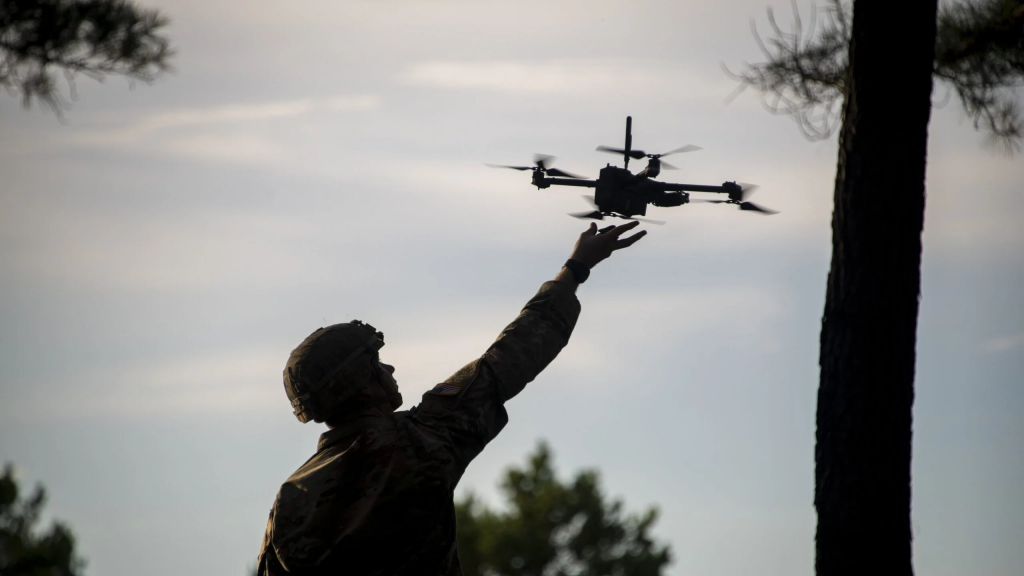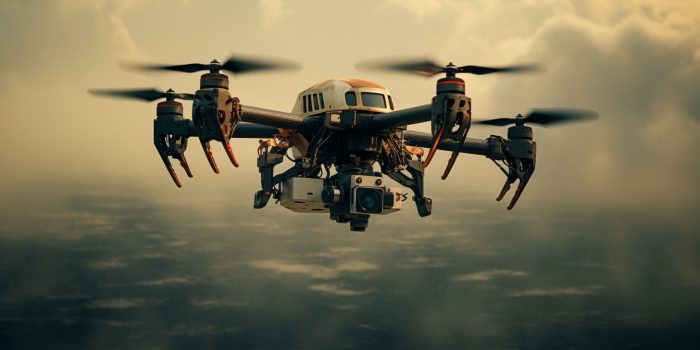With the introduction of its ground-breaking initiative, “Replicator,” the US Department of Defense (DoD) has taken a brave step in its efforts to counter China’s rising military buildup. This ground-breaking effort represents a strategic shift in how the US views modern combat as it aims to produce a variety of autonomous weapons, mainly drones.
The fast growth of China’s armed forces, both in terms of their size and cutting-edge equipment, has alarmed the DoD. In order to meet this issue, the “Replicator” program, recently unveiled by US Deputy Defense Secretary Kathleen Hicks, would make use of artificial intelligence and unmanned technologies. The plan aims to counteract China’s military might by producing tens of thousands of cheap, smart, and compact fighting units.

Hicks, speaking at the National Defense Industrial Association’s Emerging Technologies conference, highlighted China’s formidable military mass and its growing proficiency in anti-access and area-denial capabilities. The US recognizes that a mere one-to-one matching of adversary assets won’t ensure victory. Instead, the “Replicator” program focuses on the United States’ edge in innovation, strategy, and outmaneuvering opponents.
The term “attritable,” used in the context of “Replicator,” indicates the Pentagon’s willingness to accept potential losses of unmanned assets. This marks a strategic evolution where asset preservation takes a back seat to strategic advantage. The affordability and adaptability of these autonomous systems align with the changing landscape of warfare.
Despite the program’s ambitious goals, specific details about the types of systems “Replicator” will produce and the missions they will undertake remain undisclosed. It’s essential to note that these AI-powered systems won’t replace existing assets immediately. Instead, they signify a long-term transformation in how the Pentagon prepares and executes military operations.

One key aspect of the “Replicator” program is its commitment to ethical AI development. Hicks emphasized that the DoD’s responsible approach to autonomous systems will continue, building upon its decade-long leadership in this field.
“Replicator” is not merely a response to China’s military prowess; it’s a testament to the US military’s determination to maintain a strategic edge by leveraging technological innovation and adaptability. As Deputy Defense Secretary Hicks underlined, this initiative is about influencing the decisions of potential adversaries, making them think twice before engaging in aggression. With “Replicator,” the United States aims to ensure that today and every day, the risks of aggression far outweigh the potential gains.


